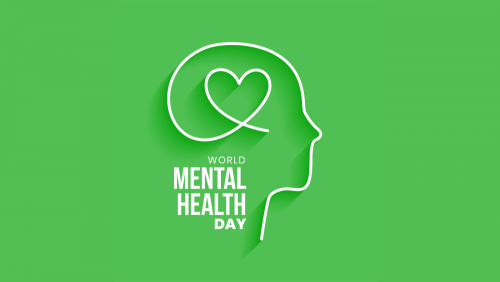
Create Rights-Based Systems to Offer Autonomy, Choice, Support

Hauwa, a 25-year-old woman, was lying on the floor, shackled, and barely alive when Human Rights Watch found her in November 2024 in a state-run institution in Kano, Nigeria. She was deaf and had a mental health condition. She died a day later.
Human Rights Watch has documented coercive mental healthcare practices, including shackling people with mental health conditions, in more than 60 countries across the world. Thousands of people with mental health conditions are confined in their homes or in public or private institutions, including rehabilitation, traditional, and faith-based healing centers. These widespread abuses demand urgent action to dismantle coercive systems and replace them with rights-based mental health care.
On World Mental Health Day, all governments should commit to moving away from coercive mental healthcare practices.
The World Health Organization has acknowledged that coercive practices in mental healthcare services remain pervasive and deeply problematic. Among these, it highlights the harmful impact of practices like shackling, noting that these interventions can be traumatic and detrimental to recovery and discourage people from seeking mental health support in the future. Accordingly, governments should replace these coercive responses with mental healthcare services that prioritize autonomy, dignity, and choice.
Non-coercive, effective, and human rights-based mental healthcare models exist and should be used instead. In 2023, Human Rights Watch in partnership with the Toronto Gerstein Crisis Centre, documented some examples of good practices. The Gerstein Crisis Centre’s model provides immediate help both to people with mental health conditions and those who are experiencing acute mental health distress. The staff actively listens and provides a safe space where people can access individual support, feel secure, calm down, regain control, and decide how to move forward.
More comprehensive models are needed to address the combined effects of exclusion and other social factors. These include discrimination as well as social, physical, and emotional factors that prevent people with mental health conditions from fully enjoying their rights. New models should account for the person’s basic needs, such as housing.
Everyone, including those with mental health conditions, deserves access to quality and rights-respecting healthcare services that enable them to make their own health decisions and to be treated with dignity.
- 636 reads









